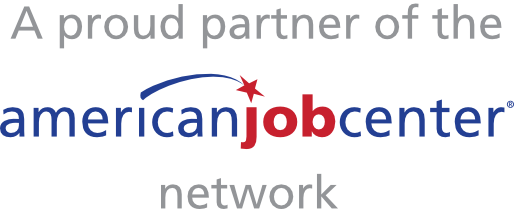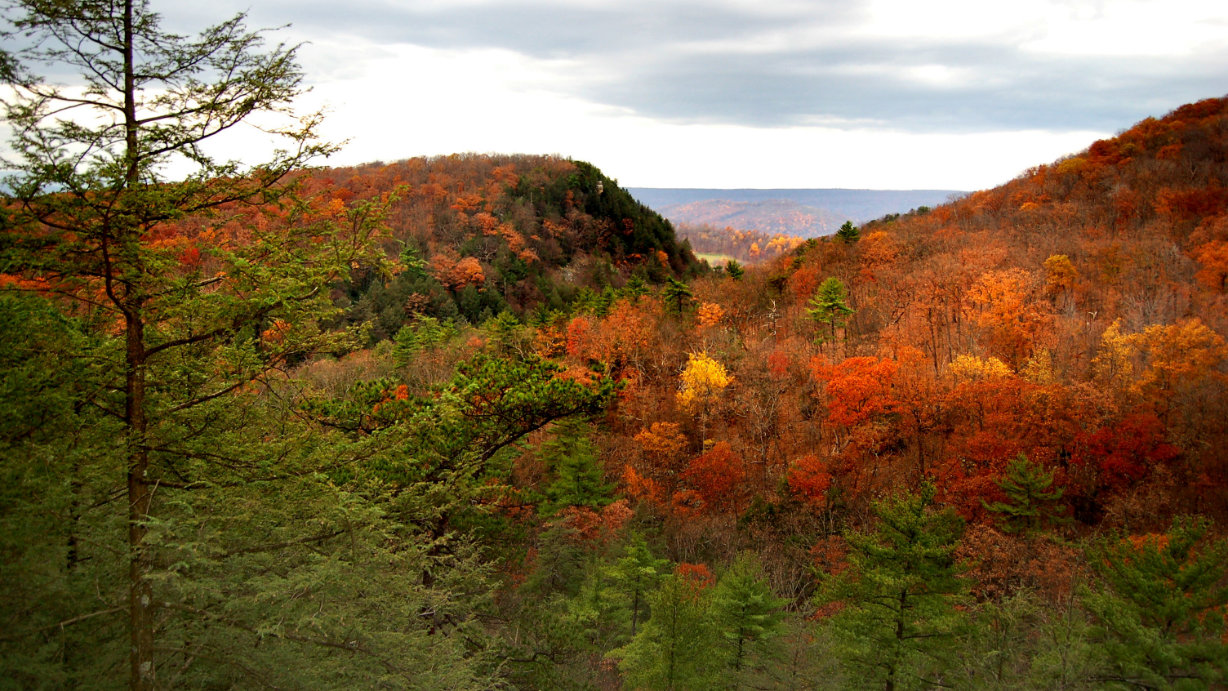Q: You’re from central Appalachia, coal country. Can you tell us how you see the challenge you’re working on?
A: We’re addressing generational poverty caused by an over-reliance on one industry — coal in our case. We have some of the higher unemployment rates in the country. What worries me more, though, is our labor participation rates. Fewer than 50% of working age adults are in the workforce.
Q: How does Coalfield Development, the organization you started and run, step in?
A: We’re trying to create opportunity in a rural place that’s become very, very distressed. So we have job training efforts, vocational programs, and links to community colleges — these are standard. But what’s needed is job creation more than job training because the existing jobs won’t be around much longer. A lot of resources are wasted when we don’t realize this. For example, a state-sponsored training program recently certified 800 out-of-work miners to be HVAC technicians when there are no, or very few, jobs in that field. So with Coalfield, we’re pioneering new economic markets so we end up with an economy that’s diversified, adaptive.
Q: Where do you start?
A: We hear a lot about jobs, jobs, jobs in coal country. And we don’t disagree. Jobs are important. What we’re saying though is that quality jobs allow people to discover themselves, contribute, have a full and meaningful life. This is not about giving out certificates in one skill set or the other and setting people up for 30-year careers in that one thing. It’s about cultivating lifelong workers who are also lifelong learners. The mindset we want to model, inspire, and unlock is more entrepreneurial — prepared for shifting industries, for a changing world.

